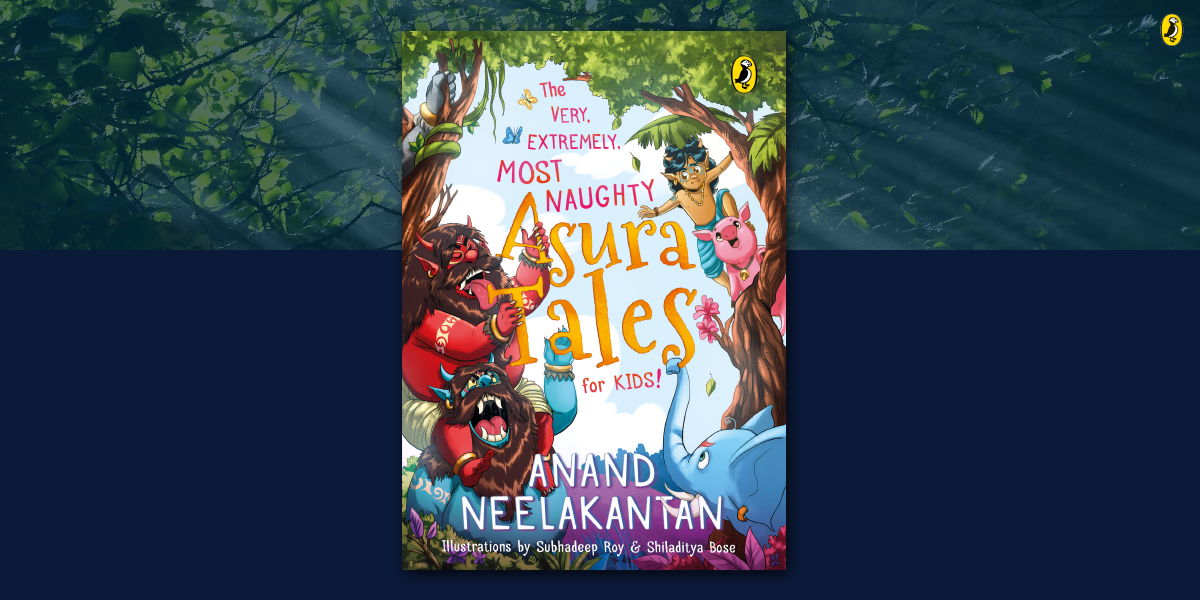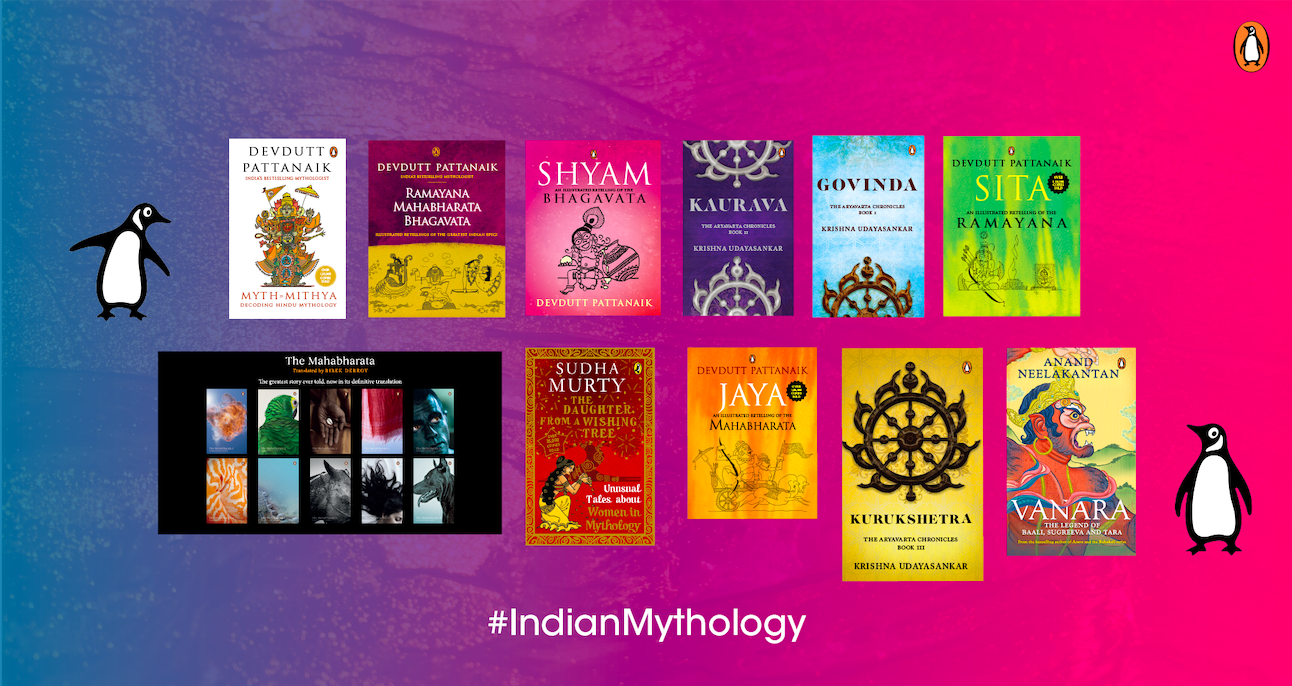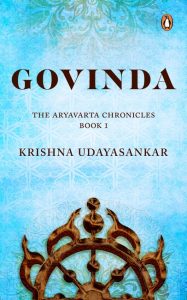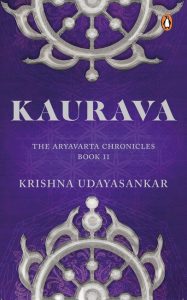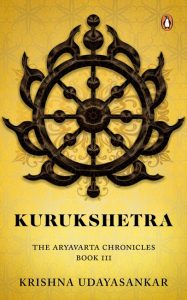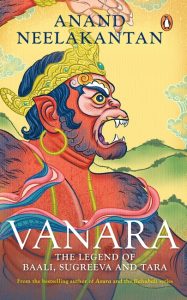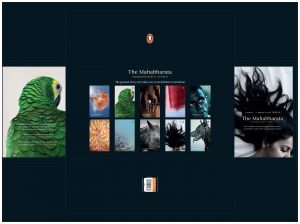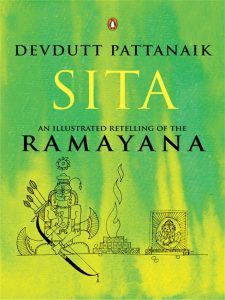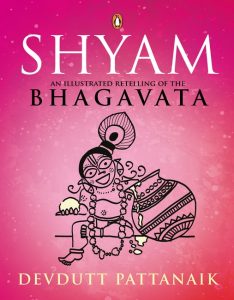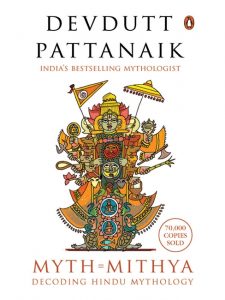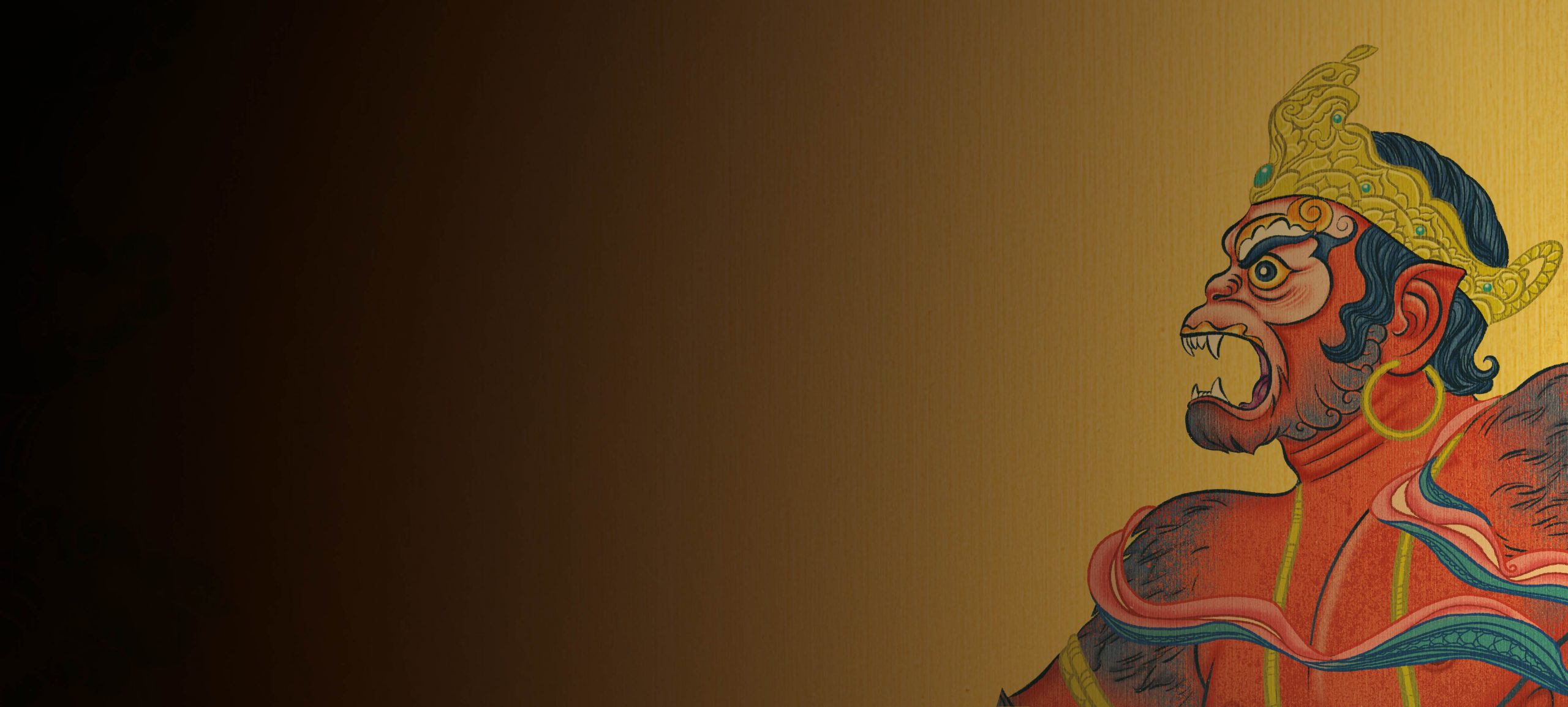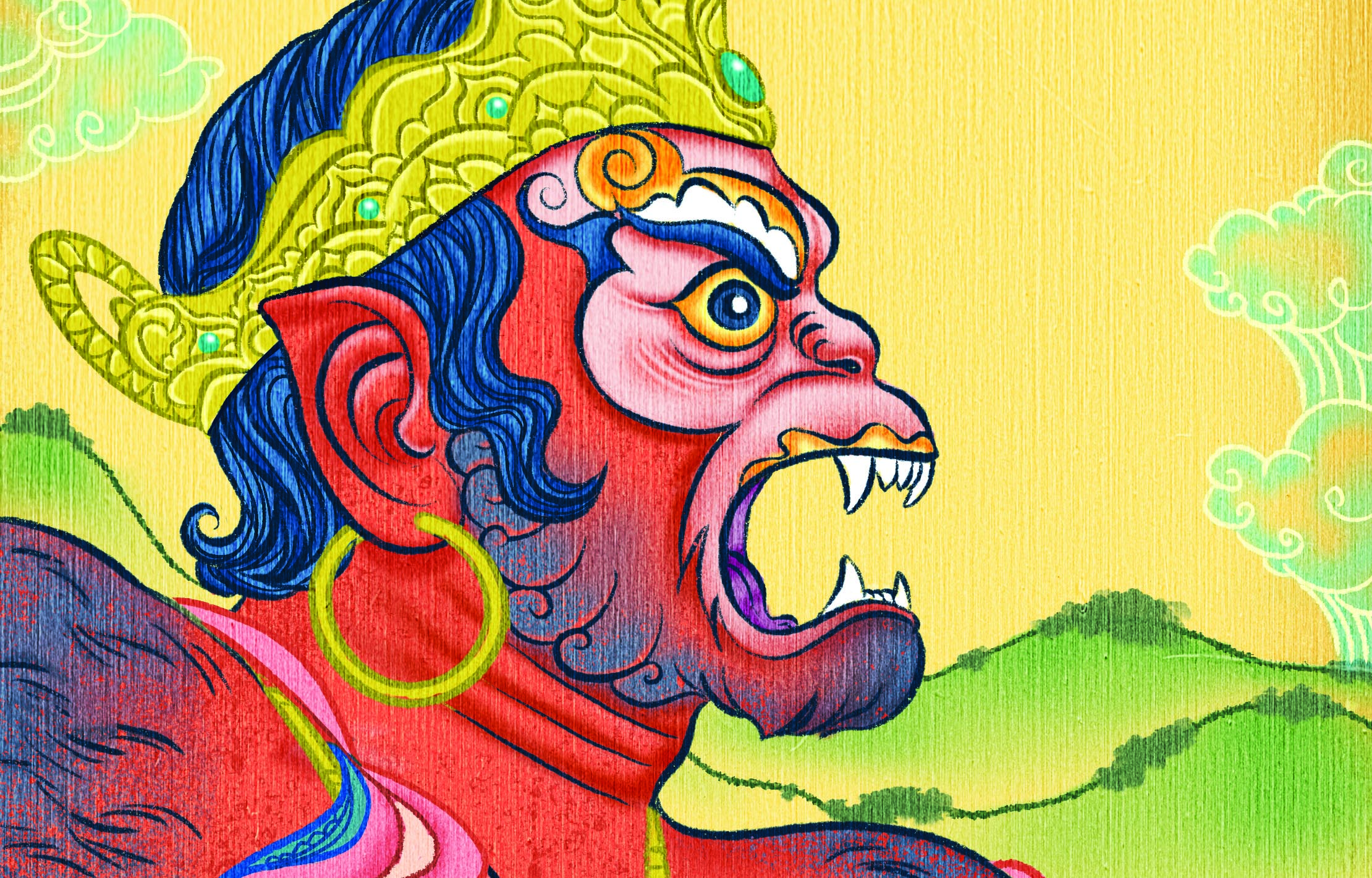Little asura kids are naughty and troublesome and always up to something! Little will you know when you land in a muddy puddle or your long hair gets chopped off into a bob. They will prod, pull and tug you till you yell-just like the gods in the heavens, especially Vishnu and Shiva who are simply fed up!
This festive season the creator of Bahubali and bestselling author of Vanara-The Legend of Baali, Sugreeva and Tara presents a hilarious romp through the ancient tales of the Puranas in the funniest, most colorful way possible through The Very, Extremely, Most Naughty Asura Tales for Kids!
Just like humans, the beings from Indian mythology are multi-faceted, they’re naughty, mischievous and full of pranks, but they’re also talented, intelligent and spiritual. Some of their acts, hobbies and wishes resonate with all of us-and so we’ve prepared this 100 per cent, fool proof quiz to find out which characteristics are strongest in your personality!
Take this quiz to find out if you’re an Awesome Asura, Divine Deva or Mere Mortal!
Do you think you would be more successful if your mother would just calmly let you run amok?
A-No, mothers give divine guidance
B-Sometimes
C-Yes-just want to be a little demon in peace
‘No, we don’t want to study. We know everything. We want to conquer the world!’ Mandakka roared. ‘Yes, we are so smart and intelligent and bright and strong. We want to rule the world! If only our mother would leave us be,’ Kundakka wailed.
Have you ever cause your parents real embarrassment when guests came around through your clumsiness and stuffing your mouth full of food?
A-Never, you are a model of manners
B-Once or twice
C-Yes, it’s fun to see their shocked expression!
The naughty Bhasmasura looked up and said, ‘No, father, I wasn’t crying because I soiled the food of twenty guests. I am crying because I thought the mango would skip further and spoil the food of at least fifty guests! Poor me, I could spoil only twenty. Baaaaaa ngaaa .
If you could have exactly one superpower granted to you, which one of these would you pick?
A-The ability to bring peace to the world
B-The ability to fly
C-The ability to incinerate things to cinders
‘Put on the spot, Bhasma forgot what he wanted to ask! He was taken aback by the appearance of Lord Shiva. He collected himself and said, ‘Umm . . . uh . . . Whatever I touch should turn to ashes.’
Would you grant a ridiculous boon to a rather dangerous person if they pleaded with you long enough?
A-Yes-everyone deserves a reward
B-You might if it wasn’t too ridiculous
C-Never, you only take boons, not grant them!
‘Hush, Vasuki,’ Shiva said, flashing a serene smile at the cobra that was perched around his blue throat. ‘The poor asura has done such a tough penance. I will have to give him a boon.’ Shiva turned to Bhasma and asked, ‘Son, what boon do you want?’
If there one question all grown-ups love to ask, it is ‘What are your hobbies?’ Which of the following fits your interests best?
A-Listening to the divine singing of apsaras
B-Cricket
C-Annoying the rishis around you
Now Shumba and Nishumba were very naughty, right from the moment they were born. They were wild and uncontrollable. Their hobbies ranged from pouring water over the sacrificial fire of maharishis, to setting fire to hermitages and throwing stones at people’s homes while they slept.
You are what you eat they say and we all love to eat! Which of the following would you pick for your next snack?
A-Milk and honey
B-Pizza
C-A few dozen elephants!
A rice mound as big as a hill, A lake full of sambhar, Another lake full of chutney, A mountain of vegetables, And ninety-six bullock carts full of fruits as dessert. Imagine this lunch, and each meal was double this quantity, for they were twins!
If your friend asks you to carry a message to a special someone, which of the following would be your chosen method of communication?
A-Send a showers of roses from the heavens
B-Send a text message
C-Kidnap the special someone on a flying carpet
‘What—’ he said and there was a flash of explosion. Aniruddha was thrown back from the window to his bed. In her panic, Chitralekha had used more force than necessary in her chant. She flew into the room and jumped out of her carpet. She was scared he was dead. She felt his heartbeat and sighed in relief. He was still breathing. Chitralekha dragged him and put him on the carpet.
Ticked your preferences? Here are your results!
Mostly As-Divine Deva
Mostly Bs-Mere Mortal
Mostly Cs-Awesome Asura







